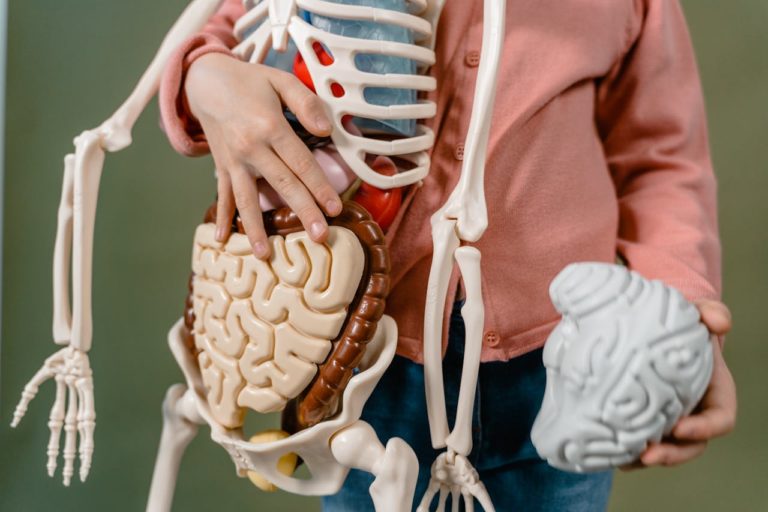Mind Your Gut: How the Microbiome Influences Depression and Dementia
Beneath the surface of our everyday lives, an unseen battle rages within our digestive systems. The delicate balance of bacteria residing in our gut has far-reaching implications, influencing not only our physical health but also our mental well-being. Imagine the possibility that the bacteria in your gut could be shaping your thoughts, moods, and even…





















